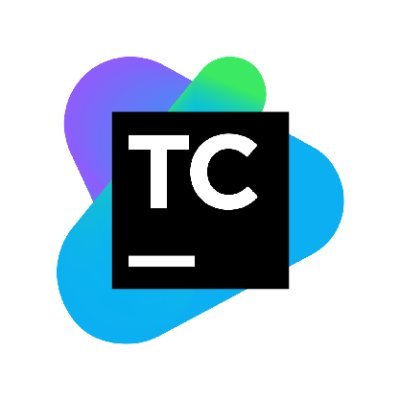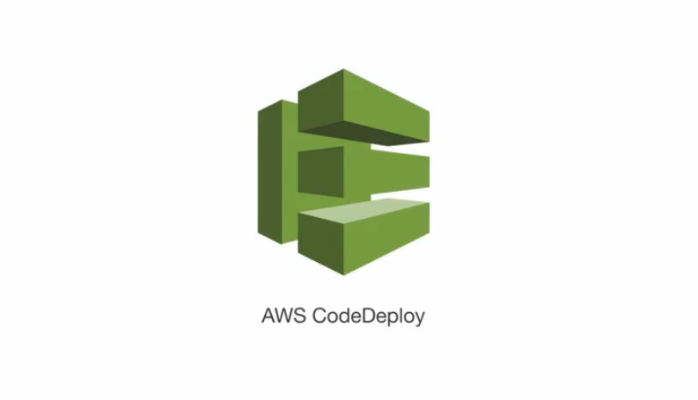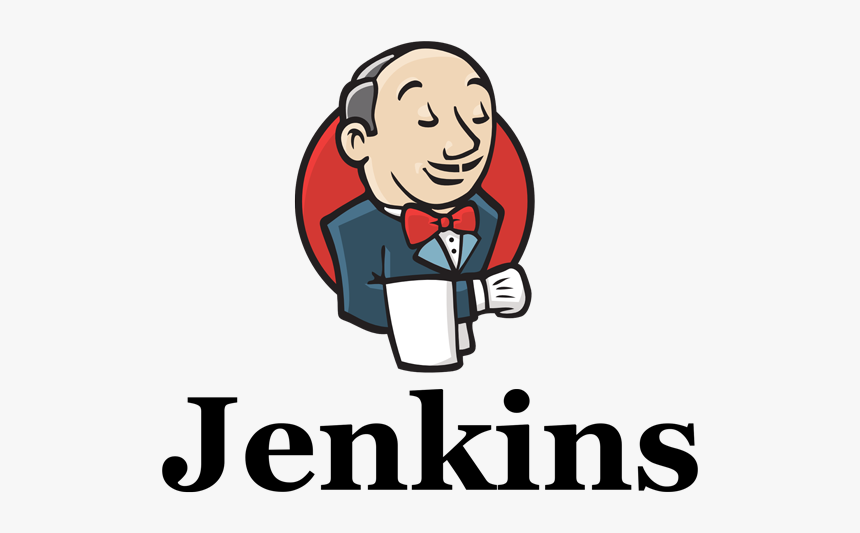7 Best Software Deployment Tools
Software deployment tools make the process of delivering software applications and updates even though possible. Frequently, these tasks are automatic or planned to ensure software developers to concentrate on the best writing code. And the software tools work with a diversity of platforms and types of organizations, making it simple to update your workflow in your favored environment.
Software deployment tools
In the huge software development and high-tech environment, deployment means a systematic procedure that enables a software solution readily available for widespread use. Software deployment holds all consistent developments that make a system to execute and operate in the environment. Deployment can be performed manually or help of automated systems, including such processes as install, test, configure, and performance analysis.
1. TeamCity
TeamCity is a CI integration server created by Jet Brains. The software tool comes with robust configuration benefits and has authorized Docker images for servers and agents. It suggests both hosted and on-premise results at quite a reasonable amount. Its influential features are capable to rapidly take team performance to the succeeding level. TeamCity involves installation, it simply supports several free or paid tools without plugins or modifications, delivers a complete version control system and customization of the server. The spontaneous settings will create prototypes and inherit make a formation in any number.

2. Bamboo
Bamboo is a constant integration server that systematically releases software applications, permitting teams to enhances an updated pipeline of build delivery. It bonds automated builds, testing, and releases into integrating workflow. Mobile developers can install their apps back to the Apple Store or Google Play automatically.
3. AWS CodeDeploy
AWS CodeDeploy is a service provided by Amazon Web Services that automates code deployments to any case. It works with any software platform, language, and application. AWS CodeDeploy makes it simple to quickly release new updates, helps avoid downtime during software application deployment, and handles the difficulty of informing applications.
Key features:
- Self-executing and repeatable deployments.
- Focus control.
- Applications accessible through deployments.
- Code deployments for free to Amazon EC2 instances.

4. GitLab CI
GitLab CI is another constant integration tool, this time built into GitLab, a Git repo is hosting and tools platform. It was formerly a separate project, but expanded much more grip they decided to transfer it into the core in 2015. That means GitLab CI can only be used with GitLab. GitLab CI uses the same wonderful experience as GitLab does. It’s open-source, free for the community version, and simple to learn with the fast jump guide.
There is a real concentration on capacity and distribution. Your deployments can be clearly distributed across multiple systems, and there are other cool benefits like the facility to execute parallel builds across various machines. You can also scale your automated tests by gathering additional systems.
5. Jenkins
Jenkins is a very gorgeous software deployment and development system that maybe draw your consideration because it is free to use. Jenkins is an open-source project, so you can get the code and familiarize it with your business’s particular desires. The Jenkins environment provisions the complete software development process from preparation, making, testing, to roll out. The software platform for Jenkins can be explored with plugins available for free. With many more great attributes and no responsibility at all, you would possibly sensation for anyone would ever consider any other software deployment tools. The critical problem that avoids a lot of businesses from using the Jenkins deployment system is doesn’t come with a professional support package.

You are a busy system administrator; you might be finding that the time you want to explore and try out all the plugins that make that system attractive a bit of a curse. Jenkins can be installed on Windows, Linux, macOS, and Unix used to pipeline software development to the deployment or as a release management explanation to rollout the bought-in software platform.
6. GoogleCloud deployment manager
Best for using small to large businesses that offer a free trial for the Code Deployment Manager. Google Cloud Platform customers can use the Deployment Manager without any additional money. And the Deployment Manager will help you to make and manage cloud resources with simple prototypes. This platform will permit you to treat your configuration into code and doing repeatable deployments.
The deployment process can be again and again as you can make the configuration files for defining the resources.
Features:
- using YAML to specify all the support of declarative format resources.
- It also enhances Python and Jinja2 for parameterization of configuration.
- It trails a template-driven method that permits you to parameterize prototypes.
- Verdict: Google Cloud Deployment Manager will permit to systematically control deployed through Python and Jinja2 prototypes. It delivers features of parallel deployment, files, Input & output parameters, Preview mode, and Console UI.
7. Travis
Travis’s slogan is to Test and deploys with confidence. This is a great open-source platform tool is the number of people using it. Over 900k projects on the, and 600k users all! You can use it to manage thousands of commits and contributors. The process for using Travis, using GitHub login, give Travis a project to validate, then push it to your git repository. Easy stuff. It makes it simple to test your code executes efficiently against all languages, and to test every pull request is tested before combining.
Conclusion
This was the complete and comparison of the most popular deployment tools. AWS and Octopus Deploy will deliver cloud-based and on-premises deployment. Jenkins can be used for creating, testing, and deploying the software application. TeamCity has an extensive choice of developer-related features. Choosing the correct deployment tool that can support companies’ time save, increase efficiency, and make a momentous impact on the team’s output.









